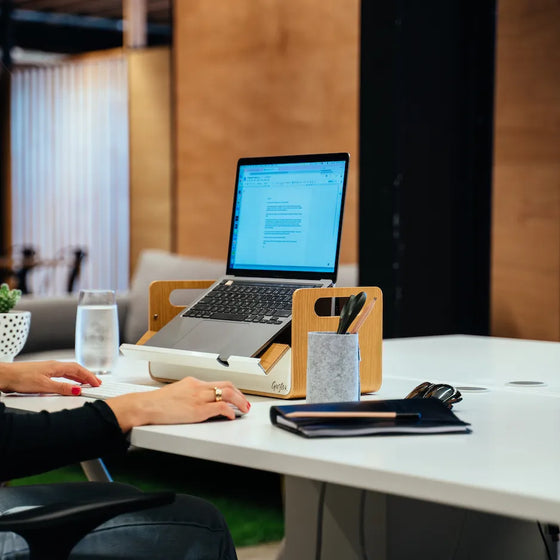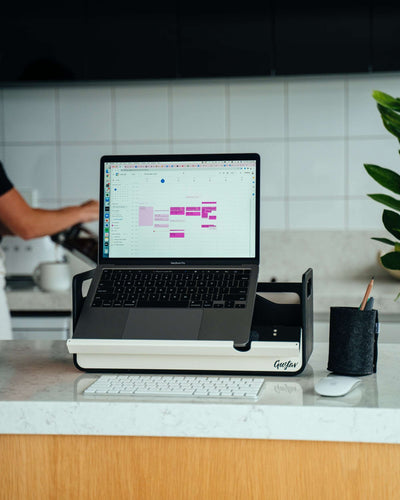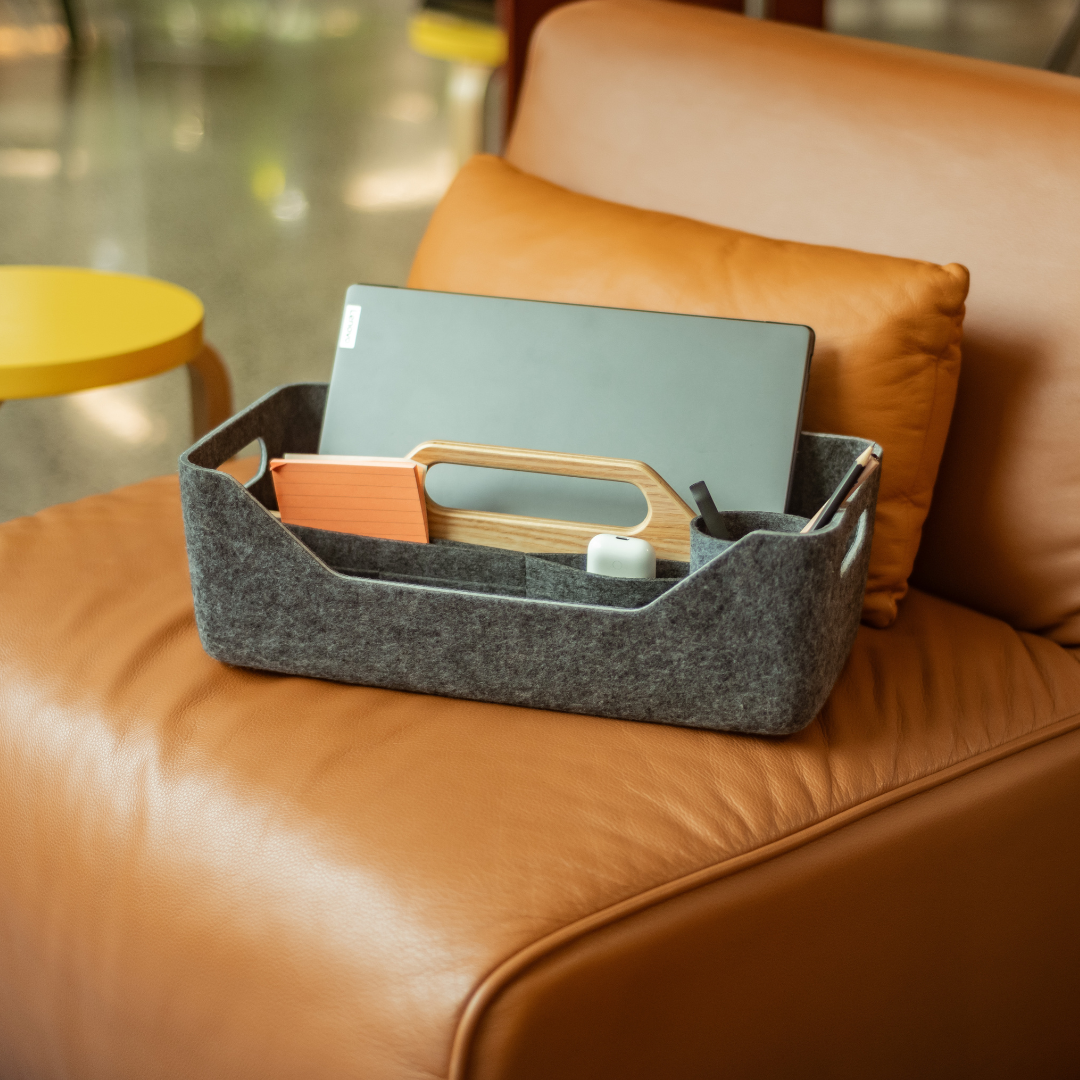The Evolution of Home Office in Germany

The landscape of remote work in Germany has seen significant shifts in recent years, driven by factors like technological advancements and, most notably, the impact of the COVID-19 pandemic. This article delves into the changing dynamics of home office work in Germany, its influence on work-life balance, and the evolving trends in remote work. Furthermore, we'll explore the legal distinctions between two types of remote work and recent changes in home office regulations.
The Rise of Home Office
The concept of working from home, often referred to as "telework" or "home office," has gained prominence as it offers employees the flexibility to better balance their professional and personal lives. However, the convenience of remote work can sometimes blur the boundaries between work and leisure, leading to potential challenges such as overwork and constant accessibility.
During the COVID-19 pandemic, lockdowns made home office work a crucial resource for companies not only in Germany but worldwide. Even as the pandemic subsided, remote work remained prevalent, indicating a fundamental shift in work culture. While the legal requirement for employers to offer remote work has been introduced only in exceptional cases, some key home office laws changed in 2023.
Legal Distinctions: Telearbeit and Mobiles Arbeiten
In Germany, the law distinguishes between two types of remote work: Telearbeit and Mobiles Arbeiten.
-
Telearbeit refers to work that is consistently performed at a computer station located outside the company premises. Often, this takes place in the employee's home, where the workstation must meet the company's requirements, including agreed-upon working hours.
-
Mobiles Arbeiten, on the other hand, involves work activities that do not take place at a fixed location. Employees engaging in Mobiles Arbeiten may work on trains, during business trips in hotels, or at client meetings.
Standards in Home Office
Regardless of the type of remote work, data protection and security must always be ensured. Employers may agree with employees to use private devices for work from home. It's also essential, whenever possible, to record working hours when working from home. If this isn't feasible, employers may request employees to report their workday's start and end times.
Home Office Requirement
German law stipulates that employers cannot mandate employees to work from home without a valid reason. However, employees who prefer or need to work from home can negotiate individual agreements with their employers. This arrangement can be incorporated directly into employment contracts or addressed through separate agreements. Companies may also allow employees to work from home for safety reasons, but it is not legal to make employees work from home solely to reduce energy costs during a gas crisis.
Changes in Home Office Regulations
In 2023, with home office work firmly established, notable changes are occurring in its regulation. The German federal government has increased the flat rate for home office employees seeking relief on their year-end tax returns. Before 2023, employees could claim 5 euros per day of home office work for up to 120 days, totaling 600 euros. Under the new regulations, employees can claim up to 6 euros per day for a maximum of 210 days, allowing a maximum claim of 1260 euros. Additionally, deductions for work equipment costs are now possible. Employees can claim income-related expenses on their tax returns as a lump sum of 1,230 euros without requiring supporting documents.
The Sparer-Pauschbetrag
The lump-sum amount for "savers" (Sparer-Pauschbetrag) is increasing from 801 to 1,000 euros per year for singles and from 1,602 to 2,000 euros for married couples and civil partners starting in 2023. For single-parent families, the tax relief amount is rising by 252 euros to 4,260 euros. The Sparer-Pauschbetrag covers various income-related expenses, including housing costs (Depotgebühren), financing costs (Finanzierungskosten), capital management (Vermögensverwaltungs), and consulting fees (Beratungsgebühren).
Home Office and Travel
When an employee travels to their workplace on an additional day, they cannot claim the daily allowance of 6 euros. Instead, they can only deduct travel expenses based on distance. However, there are exceptional cases where both travel allowance and the daily allowance can be deducted, such as when an employee has "no other place of work" available for business and professional activities. For instance, teachers who lack an office within the school building to prepare lessons may qualify for this exception.
Conclusion
The concept of home office work in Germany has evolved significantly, driven by changing work dynamics and the enduring effects of the COVID-19 pandemic. While providing flexibility and improved work-life balance, it also poses challenges that need careful management. As remote work trends continue to shape the work landscape, businesses and policymakers must adapt to ensure a sustainable and productive future for remote work in Germany.
Sources:
https://expatcare.blog/how-the-home-office-will-change-in-2023/
https://www.destatis.de/EN/Themes/Labour/Labour-Market/Quality-Employment/Dimension3/3_11_homeoffice.htmlhttps://www.iamexpat.de/expat-info/german-expat-news/2023-germany-all-changes-expats-need-know-about









